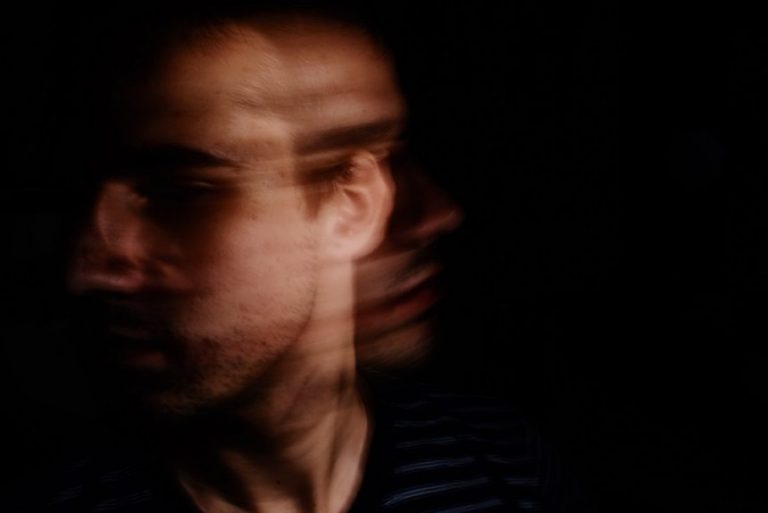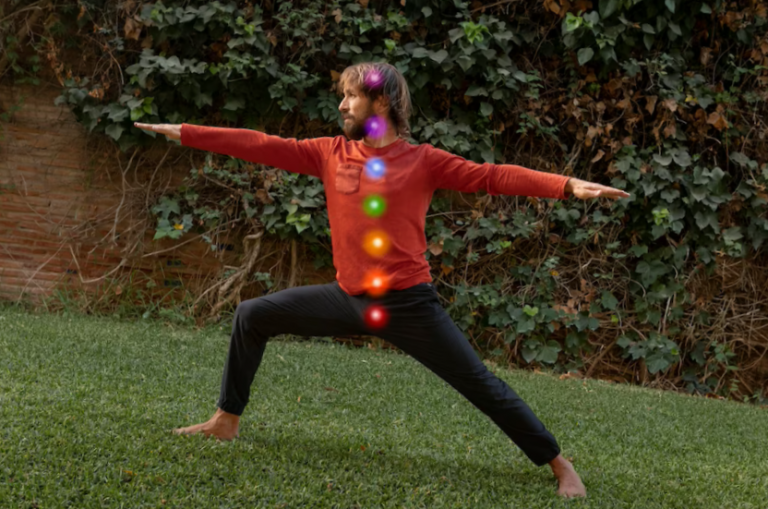Side effects of taking medicine are always a small price to pay if it involves treating a disease or illness. Yet some side effects have shown themselves to be more severe than others. There’s a risk of developing Tardive Dyskinesia (TD) for those on antipsychotic drugs.
What We'll Cover
This condition triggers uncontrollable jerks and gestures across the body and on the face. Prevention is important, since there is no remedy for TD. Anyone taking such drugs should be conscious of the potential cause and effects.
Why is Dyskinesia at the Tardive?
TD is a significant side effect of taking certain medications that are used to treat mental illness. The disorder causes people to experience uncontrollable twitchy and jerky movements.
According to WebMD, there are two forms of TD which are each known to cause facial or body movement.
Orofacial dyskinesia is a type of TD involving unregulated facial movements. Many of the signs include sticking out the tongue, fast blinking, grunting, smacking the lips and frowning. Symptoms of Dyskinesia of the limbs include wiggling of the toes, clicking the feet, flapping the arms and swaying from side to side.
Movements vary from person to person, and can be either fast or sluggish.
Antipsychotic therapies for bipolar disorder, schizophrenia and other brain disorders are medications that can contribute to TD. In particular, pharmaceutical drugs called Haldol, Risperdal and Zyprexa are known to be associated with TD.
Dopamine is part of the science behind TD. Although this hormone is better known for regulating the reward and pleasure centers of the brain, it also influences the functioning of the motor. Given that antipsychotic medications act to block dopamine centers in the brain, there is a risk that this mechanism may affect the motor system and cause TD.
There are also several medications that can induce TD for the treatment of diarrhea, reflux and other stomach issues. Two examples of these drugs are Reglan and Compazine. This typically takes about three months for TD to appear regularly on such drugs.
The more anyone takes those drugs, the more likely they are to contract TD. The elderly, women, diabetics and those suffering from other mental disorders are especially vulnerable to TD. It’s a chronic problem once the symptoms begin that people need to learn to understand and handle going forward.
How to Treat Tardive Dyskinesia?
TD can be a difficult medical condition. It can take months or years for a patient to start displaying signs from taking those drugs. The condition can also occur after anyone not taking their antipsychotic medicine.
Unfortunately, if someone starts having signs for TD, there’s no cure.
The condition in the United States is estimated to affect at least 500,000 people5. You can not get rid of TD simply by not taking medications for your mental illness. If possible, doctors can lower the dosage of antipsychotic medicines for the patient to help with the symptoms.
Both Austedo and Ingrezza are two FDA-approved6 drugs used to treat TD. We are trying to regulate the release of dopamine within the brain to reduce symptoms. Doctors have not shown that natural remedies really benefit TD, but some may see benefits in taking melatonin, vitamin B6, vitamin E, and ginkgo biloba.
While there is no cure, clinical trials7 do positive work on TD and continue to learn more about how it can be handled.
Live with Dyskinesia on Tardive
Speak to your doctor about this condition or whether you have any signs. The Abnormal Involuntary Movement Scale is a physical test which can be used by clinicians to assess whether a patient has TD or not.
This disorder is not uncommon8 and someone taking antipsychotic medications is at risk of developing TD. Most people with Tardive Dyskinesia aren’t likely to suffer severe symptoms. Yet avoidance should be a priority, because it is incurable. This can be permanent, or it can take really long to get rid of it.
The responses below are not provided, commissioned, reviewed, approved, or otherwise endorsed by any financial entity or advertiser. It is not the advertiser’s responsibility to ensure all posts and/or questions are answered.





